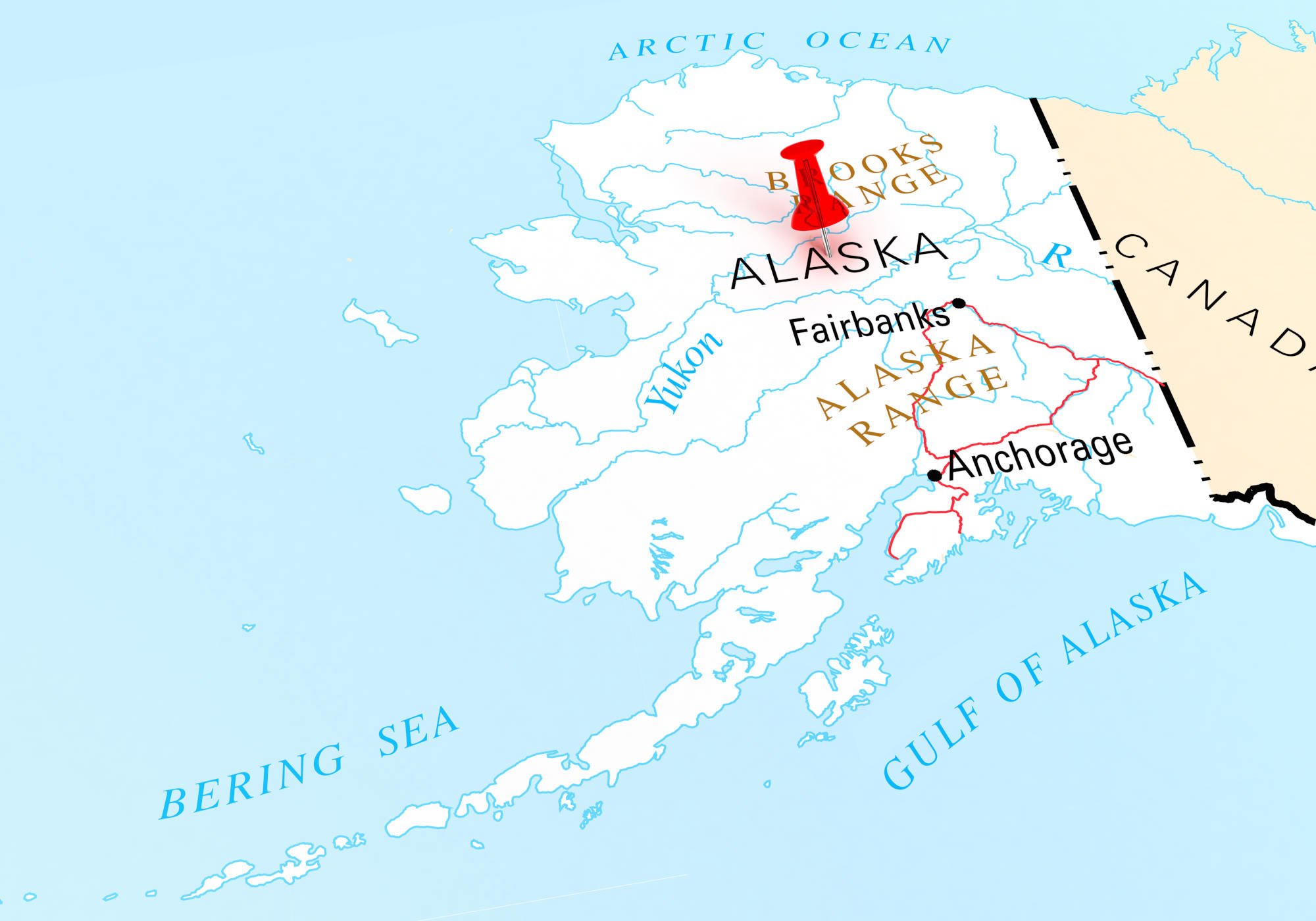With its vast (and largely remote) landscape, it’s no surprise that more students are homeschooled in Alaska than in any other state. In September 2025, data from the U.S. Census showed that 16.15% of Alaska students are learning at home—nearly 6 percentage points higher than the next state.
For many Alaska parents, homeschooling offers a safe, flexible, accessible, and effective alternative to traditional classroom education. At Bridgeway Academy, we work with hundreds of homeschooling families in Alaska. Among the top reasons they choose homeschooling are concerns about access, safety, educational quality, and peer pressure.
If you’re considering homeschooling in Alaska, it’s important to understand the state’s homeschool laws and regulations. In this guide, we explore the four options for homeschooling and touch on state requirements to help you find the best homeschooling approach for your family.
Alaska’s Homeschool Laws and Requirements
Alaska’s homeschooling laws are very flexible, requiring no specific curriculum or record-keeping. There is also no requirement to file a notice of intent.
The state offers four pathways to educate a child at home:
- Homeschool under the homeschool statute: This is the traditional homeschool path, in which a child is educated at home by their parents. There are no state-mandated requirements for parents in this option.
- Homeschool with a private tutor: For families that choose to hire an in-home tutor to educate their child, the tutor must be certified to teach in the state of Alaska.
- Homeschool under a religious private school exemption: With some of the strictest regulations for homeschoolers, this option allows Alaska families to establish an in-home religious private school. Multiple families may attend, but records must be kept for attendance, enrollment, immunizations, educational history and progress, and more. Students must also participate in standardized testing.
- Homeschool via a state-funded correspondence program: Students study at home, but follow a state-approved curriculum for distance learning.
Each of these homeschooling options for Alaska families has its own benefits, responsibilities, and level of support.
Minimum Instructional Requirements
Homeschooling families are expected to provide a “bona fide” education comparable to what children would receive in a traditional school setting. Outside of the testing requirements for children learning from a religious private school, however, there are no specific curriculum requirements for homeschoolers in Alaska.
Even so, parents should choose their child’s educational path with an eye to the future. Accredited homeschool programs like those offered at Bridgeway Academy ensure that homeschooled children receive a high-quality, nationally-recognized education. This is critical to help them gain access to higher education and other opportunities after their K-12 education is complete.
The Pros and Cons of Homeschooling in Alaska
Many families wrestle with the decision of whether to homeschool their children or to place them in a traditional school environment. There are many pros and cons to homeschooling in Alaska, some of which are universal to the homeschool experience, and others that are unique to the state.
Pros:
- Generous flexibility & freedom: homeschooling families have the ability to choose when and how their child learns, with minimal governmental oversight.
- State funding: for families that choose correspondence education, Alaska’s homeschool allotment can help to offset the cost of studying at home.
- Personalized learning: while traditional schools rely on a strict grade-level progression, homeschooling allows parents to customize their child’s academics based on their strengths, weaknesses, and interests.
- Wider access to educational options: for families living in remote areas with limited schooling options, homeschooling can allow for a wider range of academic opportunities.
Learn more about the Alaska Homeschool Allotment.
Cons:
- Lack of accreditation: Alaska’s loose homeschool laws mean that some educational options may not be recognized by colleges, universities, and even some employers.
- Lack of structure: With no defined curriculum requirements and minimal testing requirements, the burden of providing academic rigor falls to the parents.
- Limited social interactions: For children living in already-remote communities, the exclusion of a school environment may make social development difficult.
Choosing an accredited homeschool provider like Bridgeway Academy solves all of these problems for families. Our accredited, structured programs ensure your child is on the path to a recognized education, one with plenty of social opportunities with our vast network of homeschool families.
Accredited Homeschool Programs vs. Parent-Directed or State-Funded Programs
However you choose to homeschool in Alaska, it’s important to note the differences between using accredited programs like Bridgeway Academy, state-funded correspondence programs, or parent-only instruction. The table below outlines the distinctions between these options to help you decide.
| Feature / Requirement | Bridgeway (Accredited Program) | State-Funded Correspondence Program | Parent-Directed (Unaccredited) |
| Accreditation | Yes – nationally recognized | Sometimes accredited, varies by district | No |
| Funding | Tuition-based; families pay directly | State provides allotments ($3k–$4k/student typical) | No funding |
| Recordkeeping | Bridgeway maintains grades, transcripts, portfolios | Parent and program share responsibility | Parent responsible |
| Curriculum | Structured, flexible, aligned with standards | Parent-selected, often reimbursed | Fully parent-chosen |
| College & Career Readiness | Recognized transcripts (college, scholarships, NCAA) | Depends on program’s accreditation | May face hurdles in recognition |
| Support Services | Teachers, advisors, counseling | Limited support through district programs | None |
| Compliance Burden | Simplified – Bridgeway handles | Parent must coordinate with program rules | Parent carries full responsibility |
How to Choose the Best Homeschool Program in Alaska
Once you’ve decided to homeschool, the next step is to consider all of the program options available to you and your child. It’s key to evaluate your homeschooling options based on accreditation, flexibility, funding, and support.
- Accreditation ensures that your child’s education will be recognized later in life, should they choose to continue their education in college or to pursue certain professional paths.
- Flexibility ensures that you can customize your child’s education to meet their unique needs.
- For some families, the funding available through a state allotment offers invaluable resources to make homeschooling a possibility—but it’s only available to students enrolled in a state-approved correspondence program like Bridgeway Academy.
- Without the proper support, homeschooling can be a lonely and challenging experience. Bridgeway Academy provides academic support, resources, and community to ensure you and your child are not alone in the journey.
How to Get Started Homeschooling in Alaska
If you’re looking for the best homeschool program, consider Bridgeway Academy. We have:
- More than 35 years supporting homeschool families
- One-on-one academic advising
- A 96% success rate in matching students to the right curriculum and learning plan
- Robust virtual and in-person communities (including Parent Connections)
Watch a pre-recorded virtual open house or reach out to our team directly to speak with an academic advisor.
We want our families to feel confident, supported, and fully equipped to provide a high-quality education at home in Alaska. Our team of experts can help guide you through the process, from deciding to homeschool to selecting the right pathway and program for your child’s educational needs.
Common Questions Alaska Parents Ask About Homeschooling
As a leading homeschool service provider in Alaska, we speak with many parents about the concerns and challenges they’re facing as they start their homeschooling journey. Below are some of the most common questions we hear.
Does Alaska give money for homeschooling?
No. Alaska does not directly pay families to homeschool, but families who choose to homeschool through an approved, state-funded correspondence school may receive an allotment of state funds to help offset expenses.
To learn more about how to qualify for state homeschool funding in Alaska, read our blog: Does Alaska Pay You to Homeschool?
How much does it cost to homeschool in Alaska?
The cost of homeschooling varies and largely depends on the approach you take to your child’s education. To educate a single child at home for one school year, the costs typically range from a few hundred dollars to several thousand.
Helpful Links
- Alaska Homeschool Laws
- Accredited Homeschool Programs
- Online Homeschool Classes
- Pre K Homeschool Programs
- Online Kindergarten Homeschool Curriculum
- Elementary Homeschool Programs
- Online Middle School Programs
- High School Home School Programs







